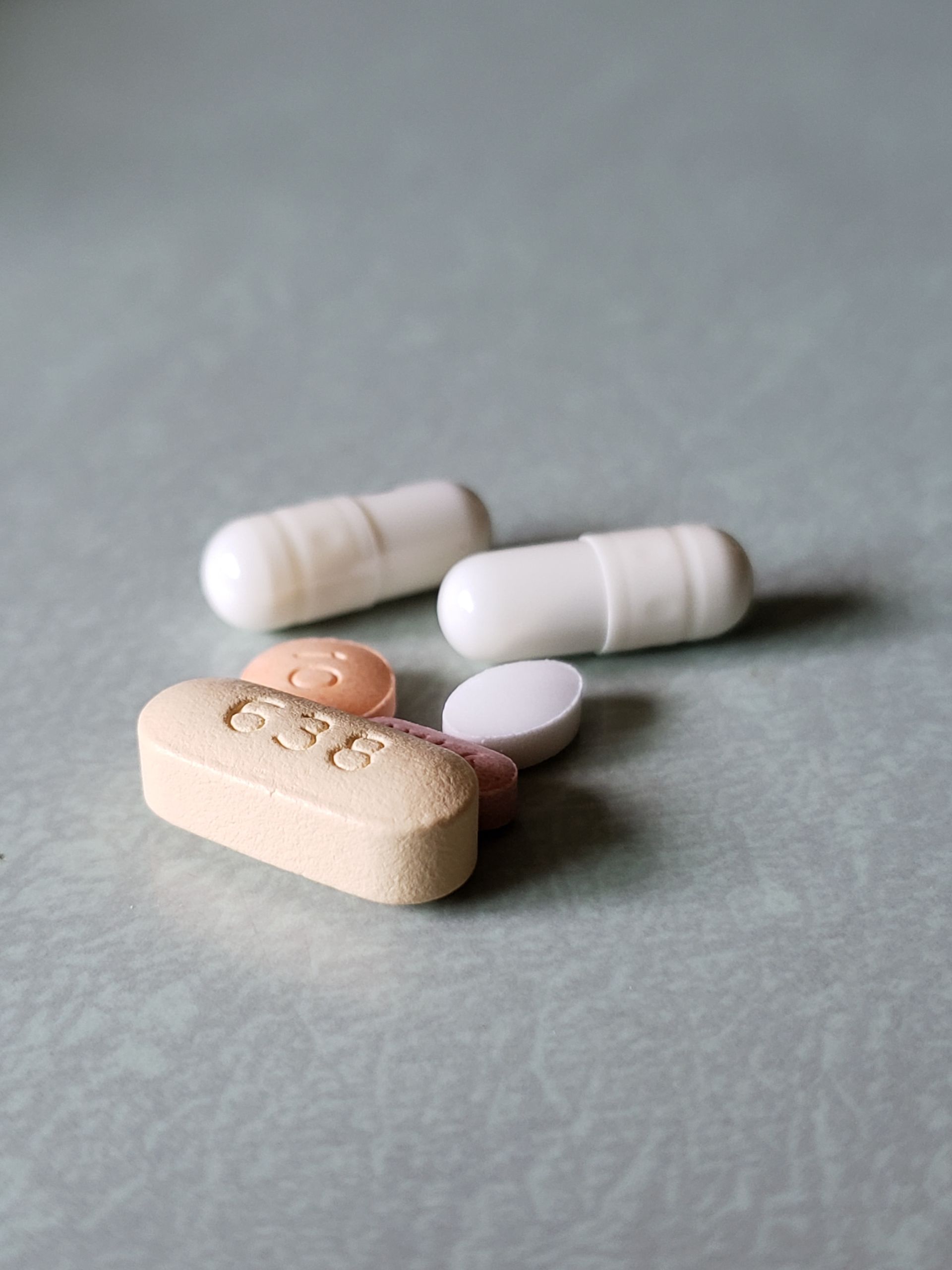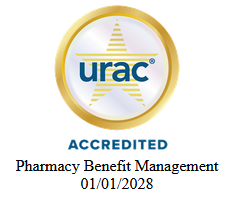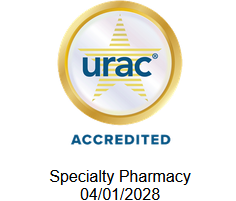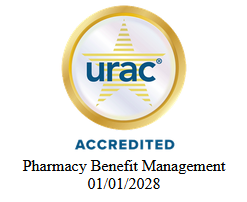What is arthritis?
Arthritis

Arthritis is the swelling and tenderness of one or more of your joints. The main symptoms of arthritis are joint pain and stiffness, which typically worsen with age. In addition, patients can present inflammation, redness and lack of movement. The most common types of arthritis are osteoarthritis (OA) and rheumatoid arthritis (RA).
A reduction in the normal amount of this cartilage tissue causes some forms of arthritis. Normal wear and tear causes OA, the most common type of arthritis. An infection or injury to the joints can exacerbate this natural breakdown of cartilage tissue. Your risk of developing OA may be higher if you have a family history of the disease.
RA, is an autoimmune disorder. It occurs when your body’s immune system attacks the tissues of the body. These attacks affect the cartilage and the joints. RA can eventually lead to the destruction of both bone and cartilage inside the joint.
The most common signs and symptoms of arthritis affect the joints. Symptoms can appear and disappear; can be mild, moderate or severe. Severe arthritis can result in chronic pain, incapacity to realize daily living activities and difficulty walking or using stairs. It is important to know that even if some changes are visible commonly the damage can only be seen through a radiography. Less common types of arthritis can also affect the heart, eyes, skin, and kidneys.
Another type of arthritis is
psoriatic arthritis, a form of arthritis that affects some people that have psoriasis. Sometimes the problems in the arteries appear before the skin findings that characterize psoriasis. These arthritic problems can arise in any artery of the body including fingers, column and intensity can vary from low to severe. People that suffer from psoriatic arthritis can have periods of high disease activity and some periods of remission. Currently there isn’t a cure for psoriatic arthritis this is why current treatment focuses on controlling symptoms and preventing damage to the articulations.
What are the risk factors for developing arthritis?
Family history: Some types of arthritis run in families, so you may be more likely to develop arthritis if your parents or siblings have the disorder. Your genes can make you more susceptible to environmental factors that may trigger arthritis.- Age: The risk of many types of arthritis including osteoarthritis, rheumatoid arthritis and gout increases with age.
- Sex: Women are more likely than men to develop rheumatoid arthritis, while most of the people who have gout, another type of arthritis, are men.
- Previous joint injury: People who have injured a joint, perhaps while playing a sport, are more likely to eventually develop arthritis in that joint.
- Obesity: Carrying excess pounds puts stress on joints, particularly your knees, hips and spine. People with obesity have a higher risk of developing arthritis.
What are the possible treatments for arthritis?
In terms of treatment, the main goal is to reduce the amount of pain you are experiencing and prevent further joint damage. Some people find heating pads and ice packs relaxing. Others use assistive mobility devices, such as canes or walkers, to help relieve pressure on sore joints. Arthritis treatments can help reduce inflammation in your joints, relieve pain, prevent or delay joint damage, reduce disability, and allow you to be as active as possible.
It is also important to improve the function of your joints. Your doctor can prescribe a combination of treatment methods to achieve the best results.
Medical treatments:
- Pain relievers, such as hydrocodone or acetaminophen, are effective in controlling pain, but they do not help decrease inflammation.
- Nonsteroidal anti-inflammatory drugs, such as ibuprofen and salicylates, help control pain and inflammation. Salicylates can thin the blood, so they should be used with great caution with additional blood-thinning medications. Avoid it if you are allergic to aspirin.
- Menthol or capsaicin creams block the transmission of pain signals from the joints.
- Immunosuppressants such as prednisone and cortisone can help reduce the inflammation.
How can my lifestyle help me control arthritis?
- Losing weight or maintaining a healthy weight: This reduces the risk of developing OA and can reduce symptoms if you already have it. A diet high in antioxidants, such as fresh fruits, vegetables, and herbs is recommended and can help reduce inflammation. Other foods that reduce inflammation are fish and nuts. For people who are overweight or obese, losing weight reduces pressure on the joints, particularly weight-bearing joints like the hips and knees. Losing 10 to 12 pounds can reduce pain and improve function for people with arthritis. Avoid eating fried foods, processed foods, dairy products, and a high intake of meat
Exercise: Staying active will keep your joints flexible. Swimming, walking, or biking are often a good form of exercise for people with arthritis because they don't put pressure on the joints. These forms of exercise are usually recommended by doctors for arthritis patients. It is recommended that you exercise for 30-40 minutes most days of the week. Staying active is important, but you also need to make sure you rest when you need to and avoid overexerting yourself.
References:
- https://www.arthritis.org/health-wellness/about-arthritis/understanding-arthritis/what-is-arthritis
- https://www.cdc.gov/arthritis/basics/faqs.htm#WhatIs
- https://www.mayoclinic.org/diseases-conditions/psoriatic-arthritis/symptoms-causes/syc-20354076cias
















